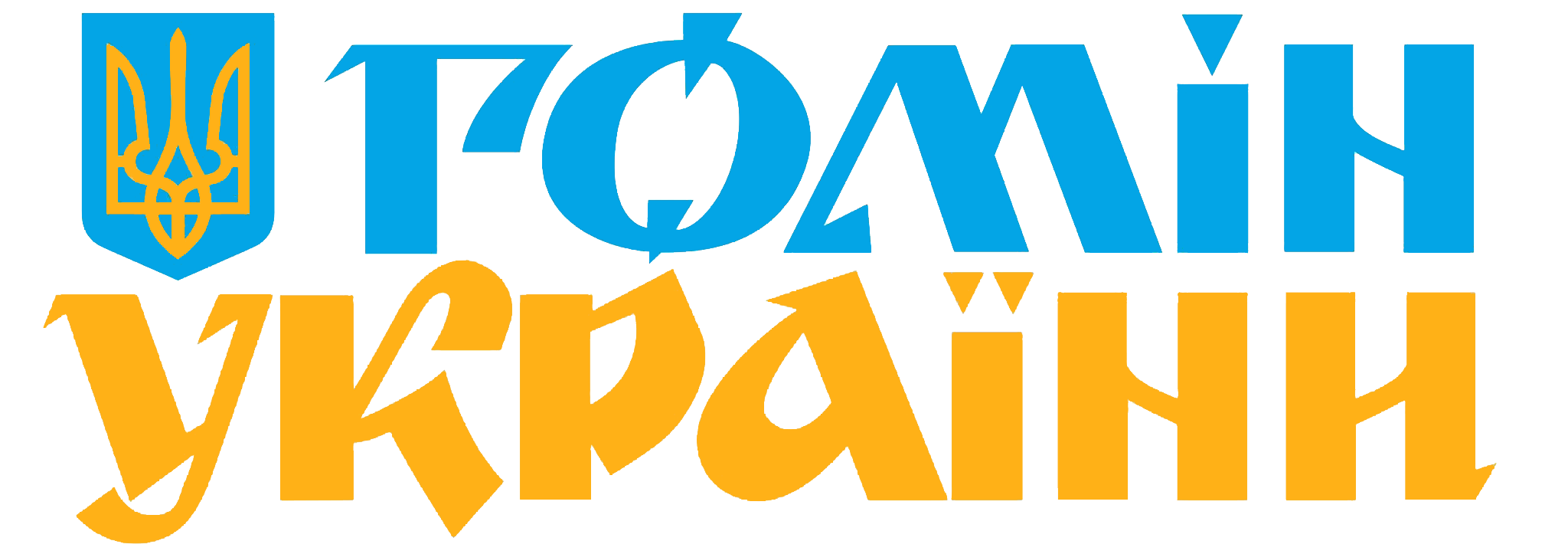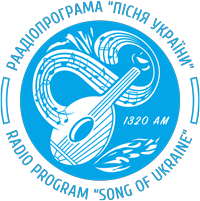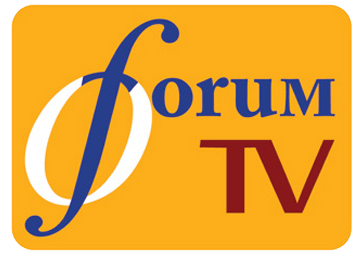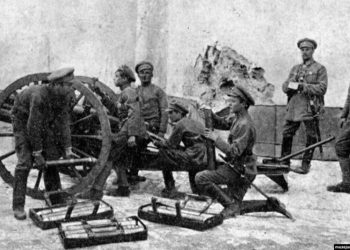The Museum of Gdańsk’s project about the 450,000 Polish soldiers made to fight for the Third Reich has attracted rightwing protests, but others insist the country needs to reckon with its painful past
Jakub Knera
20 Aug 2025
The Guardian
Two old family photos show the same group: a short-haired woman, a girl in a striped dress, and a man in uniform. But there is one difference between these well-preserved, sepia pictures: in one, the man wears a Wehrmacht uniform; in the other his military dress has been altered to conceal his wartime service.
Donated to the Museum of Gdańsk by the son of the girl in the striped dress, these images feature in a new exhibition about the mass forced conscriptions of Pomeranians into the German army. Consisting of photo albums, family heirlooms and oral testimonies of Poles who served in the Wehrmacht, the show asks whether someone can be both a victim of and a soldier for an aggressor, and suggests that confronting these complexities is vital to the national identity. Unsurprisingly, the exhibition has proved extremely controversial.
After the German invasion of September 1939, some Polish territories, including Pomerania, Silesia and Greater Poland, were directly incorporated into the Reich. The inhabitants of these regions were registered on the German People’s List (Deutsche Volksliste), which classified the inhabitants of occupied territories. For men of conscription age, this often entailed compulsory service in the Wehrmacht. Those who refused to serve, deserted, or attempted to join the Polish armed forces or partisan groups were condemned to death and sent to concentration camps.
Historians estimate that between 400,000 and 450,000 citizens of the Second Polish Republic served in the Wehrmacht, more than the number who served in the Home Army, the dominant resistance movement in German-occupied Poland – a painful reality which, the Gdańsk museum contests, needs to be accepted to allow a more truthful reckoning with its past.
It is also a reality that not everyone has been willing to accept in the form presented. Jarosław Kaczyński, president of the rightwing Law and Justice party, argued on X that Our Boys blurs responsibility for the second world war and even partially attributes it to Poles. Poland’s former president, Andrzej Duda, called the exhibition’s portrayal of conscripted Poles as “ours” a moral provocation, regardless of the reality of forced service.
Several Law and Justice-linked protests took place outside the museum, with critics accusing the exhibition of whitewashing history and blurring the lines between victim and perpetrator. They objected to the ambiguous title, which references a term used for Luxembourgers in similar situations (ons jongen).
The Warsaw Rising Museum, which is dedicated to the 1944 uprising, waded into the debate. A few days after the opening of the exhibition in Gdansk, it posted a picture of teenage insurgents on its Facebook profile, signed “our boys”. A heated discussion broke out about what “ours” means to different people.
Andreas Kasperski, who donated the two photographs mentioned at the beginning of the article, says the backlash has made him fear for his mother’s safety. “I was afraid that, by going to see it, she might meet someone with extremely patriotic, confrontational views,” he says. “Until a year ago, this would not have crossed my mind.”
The museum stood up to its critics. “We oppose unfair and superficial assessments,” it said in a statement. “We regret the exhibition is being used for ad hoc political purposes.” The title Our Boys, it said, was meant to acknowledge that these were individuals from Polish communities, not to glorify them.
The museum received support from the Kashubian-Pomeranian Association, which said in a statement that many critics “are not familiar with the realities of life in the annexed regions of Pomerania, Kashubia and Kociewie”. According to the organisation, the exhibition was needed because it revealed “the complex fate of the inhabitants, who have been marginalised in the official policy of remembrance for years”.
Roman Rakowski, a former Polish navy commander and member of the paramilitary Grey Ranks who turned 100 last year, wrote an open letter to the museum in response to the heated debate, in which he notes the harsh repression and forced displacement in Pomerania and calls for a remembrance of those who were forced to make hard choices. “These were our boys, boys of their families, forced into the enemy army to save loved ones,” he wrote. “It is easier to judge than to face such danger.”
The curator of Our Boys, Andrzej Hoja, says that while this complex chapter in Poland’s wartime history is widely accepted in Pomerania, it was difficult to give personal stories a fair hearing at a national level, as the existence of the German People’s List is not common knowledge and plays only a marginal role in the national curriculum. “It’s no secret at the family level,” he says. “Many keep pictures from that era because they’re the only photos they have.” In the national debate, however, having a relative who was conscripted by force can make you an easy target. During the 2005 presidential campaign, it was revealed that Donald Tusk’s Pomeranian grandfather served in the German army. Tusk, who is Poland’s prime minister, promptly lost that election.
Cezary Obracht-Prondzyński, a history professor at the University of Gdańsk, says the controversy over Our Boys exposes deep differences in how Poland’s borderland and central regions perceive identity. These differences are rooted in post-second world war border changes and the Treaty of Versailles.
In cities such as Warsaw, Kraków and Lublin, the Polish identity was clear – Polish was the primary language, and Catholicism unified the people. History in these places focused on uprisings and resistance to foreign oppressors, and the distinction between locals and outsiders
was sharp. However, in regions such as Silesia, Kashubia, Warmia, Masuria, and the Eastern Borderlands, life was more mixed. People spoke several languages, practised different religions, and often had family members who served in different armies. Outsiders could still be neighbours or even family members.
People from the “core” areas of Poland found it easier to follow a simple national story – us Poles against them. People from the borderlands, however, lived with more ambiguity and uncertainty. Polishness in Warsaw or Krakow in the 19th and 20th centuries was straightforward and clear, whereas in the borderlands it was complex, fragile and open to negotiation. After the war, the dominant narrative ignored the experience of people in those areas.
“Do we have a right to our history, to our memory, to nuance and detail?” asks Obracht-Prondzyński. “Without this openness, a narrow and unifying model risks repeating dangerous patterns from Europe’s past. The exhibition’s debate should serve as both a lesson and a warning.”







